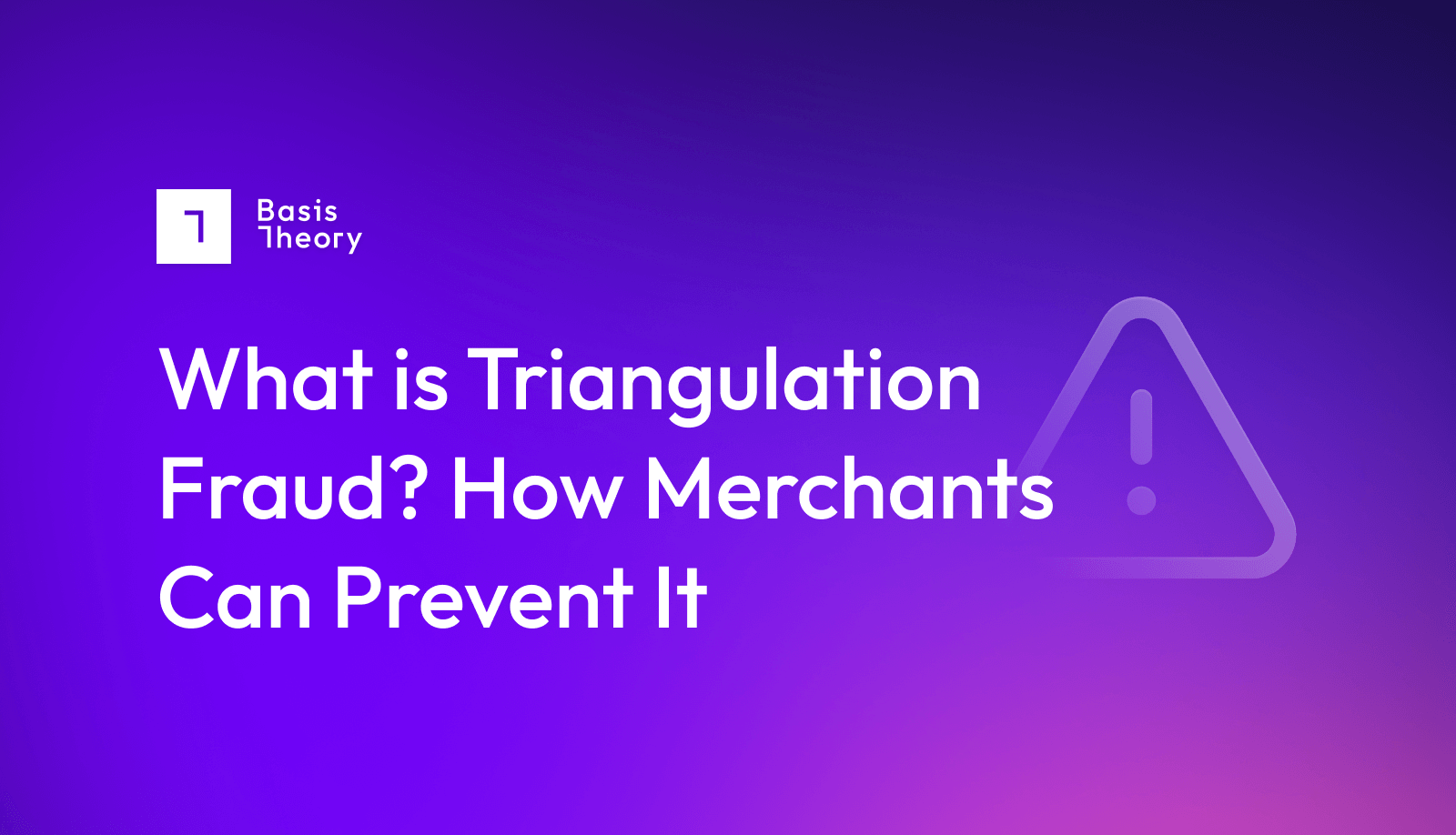Master Microtransactions: How Gaming Merchants Get to the Next Level

Table of Contents
Gaming merchants have so many ways of generating revenue from gamers in 2024—gone are the days of depending solely on game releases and consoles for sales. Today, gamers are spending billions of dollars on new games, but also within virtual worlds that have shifted the revenue model from one-time purchases to microtransactions (MTX) on anything from character upgrades to unlockables and virtual currency.
Microtransactions have become a common feature in gaming apps, most often in free-to-play games that provide developers with a revenue source. As more gaming platforms facilitate microtransactions as deposits and distributions, merchants must take on more of a compliance burden.
In an April 2024 report, the CFPB said it would monitor “non-traditional markets” that included the gaming industry. These games and virtual worlds act as platforms for storing and transferring valuable assets, resembling traditional financial payment systems.
Consequently, gaming merchants must adhere to consumer protection and privacy laws.
UX and Security with Microtransactions
With global revenue for video games expected to reach $321 billion by 2026, offering seamless microtransactions and securing customer data is paramount for gaming merchants. Merchants processing microtransactions via card-on-file transactions must have systems and processes in place to keep this information current.
Many large, established companies like Microsoft, Sony, Epic Games, and Electronic Arts generated billions of dollars in revenue in 2023. Microtransactions on popular titles such as Grand Theft Auto and NBA2K were crucial for this growth. Roblox, with 77 million daily users, transacted more than 3.7 billion times in 2023.
As more microtransactions occur, merchants are finding themselves at an impasse: their payment flows require additional steps to become compliant, potentially to the detriment of the user experience. Should they lean into more clunky “secure” flows and hope their customers will understand?
Hope is never a strategy.
That same CFPB Report from April 2024 said that the CFPB is monitoring a number of issues regarding recourse for players who incur financial losses due to theft, scams, or criminal activity. Along with fraud and money laundering, gaming companies' ability to collect “an immense amount of sensitive consumer data” will make it important for them to comply with consumer protection laws.
Being able to prove your systems comply can be the difference between operations continuing to run and a PR nightmare.
High-Risk Gaming Merchants
While all-in-one payment processors will try to offer a full suite of compliance tools, specialized PSPs for the gaming industry may not. Many high-risk gaming merchants will take a multi-processor approach, then manage compliance using a third-party solution tokenization provider like Basis Theory.
These types of providers work with high-risk merchants to secure their payments, achieve PCI compliance, and maintain ownership over their payment data. These solutions not only remove a significant portion of the burden of maintaining PCI compliance but also provide freedom in the form of network-agnostic tokens that merchants can use with any PSP, partner, or network.
Token vaults allow merchants to send tokenized data to any fraud prevention, security, and compliance partner that best works with their payment stack.
Features like Account Updater support merchants by protecting against failed payments. Vaulted cards are updated with the latest information from the card networks, improving transaction success rates.
In an industry filled with trade secrets and complicated processes, gaming merchants have historically had little control over how they can accept and process payments. By switching from all-in-one providers and piecing together a solution, you hand-select the solutions or providers you want.
As you consider building or optimizing your payment stack, read this post to learn more about a multi-payment gateway strategy.
.png?width=365&height=122&name=BTLogo%20(1).png)



